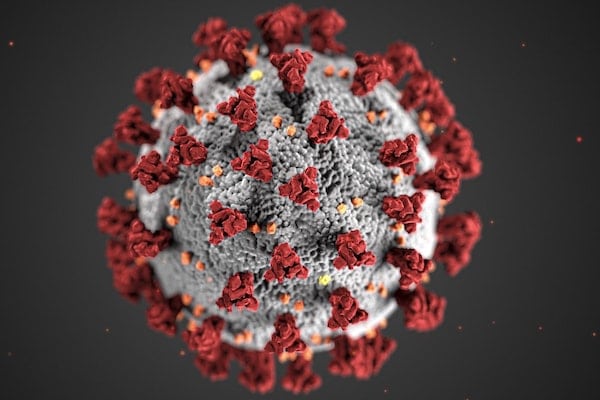
Life can be full of challenging conditions. We move away from our parents and out on our own. There are marriages and divorces, children and pets. We find jobs, change jobs, and lose jobs. We also lose loved ones – perhaps one of the toughest personal situations we will face. And now, we are facing a pandemic of epic proportions during COVID-19.
Adjust Expectations
We all know that when we are stressed-out we are more likely to procrastinate. That’s okay. We are all under a great deal of stress. It creates physiological changes in the body and brain. Our ability to make decisions and solve problems diminishes. We have trouble focusing and concentrating. This is normal so don’t be hard on yourself.
Whether you are an employer or employee, staying informed through official government sources is important. Understand that timelines and deadlines to projects have been extended or halted. Today’s health precautions require us to be fluid, responsive and pivot on a dime.
Listening to each other and understanding each other’s fears and concerns are paramount. This is a time to be supportive by providing resources where you can – from official links to information to financial support to home delivery of groceries.
Plan and Prioritize
Many people are working from home as they practice social distancing. But, that is not an easy task if you are supposed to be home-schooling and minding your children at the same time. It is important to create a plan that reflects your priorities.
For example, you may decide to break up your day into segments. You can help your children with their schoolwork for an hour or so in the morning. Then they can have a break to play games while you do your own work. After lunch, you repeat the process. If you have a partner living with you, you can take shifts in managing each of your work time and children minding time. Check out our post on Time Blocking to build some structure into your days.
Our post on becoming a Jedi Master of Time Management has some great information. It will help you decide what is important and urgent.
Reduce Decision Making
If you have worrisome thoughts rolling around in the back of your mind all day (and part of the night), making good quality decisions is hard. It might even be hard to decide what to eat for lunch! It is a good idea to reduce the number of decisions you need to make by prioritizing. In order to do this, you can:
Create a meal plan. This will not only remove the “What’s for dinner?” question, but it will also help you minimize outings to the grocery store by shopping wisely.
Build a chore chart. With more people at home, it will get messier more quickly. Assign specific people to complete specific tasks. This might be a good time to do some Spring CLEARing in those congested spaces.
Go global. Make a few overarching decisions about what you will focus on. For example, the projects you wanted to get off the ground in the third and fourth quarters can be deferred until these challenging conditions have passed. Allow yourself to put them out of your mind.
Declutter But, With Caution
Now is a great time to tackle decluttering and organizing projects because we are stuck at home for a period of time. Organizing your home can help give you a sense of control over your environment. Not only that, but it will also give you something to do – and in the end, you’ll have a feeling of accomplishment.
While I love decluttering, we must be cautious with what we do with items we no longer need or want. At the current time, many donation locations have temporarily closed. We certainly do not want to do environmental damage and overflow landfill sites by just tossing everything in the trash. Here are some tips:
Designate three spaces: Garbage & Recycling, Repairs, and Donations.
- Dispose of garbage and recycling as soon as you can. It will help keep your space cleaner and healthier.
- Keep items that need repairs in a clearly labelled box, basket, or bag. If you have time now, add a sticker to each item noting the contact info of the repair shop. When the repair shop opens, the information will be handy for you to call and make an appointment.
- Some people choose to keep a donation box in each bedroom so family members can make their own decisions about what to let go of. If your children are younger, you may need to store the box elsewhere, so they do not remove items already designated for donation. If you want, you can further subdivide donations into categories based on which family member or charity will receive them, once it is safe to pass along your items.
Remember Self-Care
Self-care during these challenging conditions is essential. Our mental health is important to maintain productivity. Staying tuned 24/7 to the news and social media might be adding to your stress. Take strategic breaks from the constant news and maintain some physical activity like a daily walk at a minimum. Sleep is important to maintain productivity. Living in a tidy and decluttered home positively impacts your quality of life.
You are welcome to explore more about productivity and organizing in our articles and tips. If you are interested in a virtual organizing session, contact Linda.

Thank you so much for sharing this, Linda. I’ve read a lot of similar articles and find that yours is the most empathetic, informative, and practical – and therefore most helpful! Thank you, and take care.
Great to hear from you Diana! Appreciate your feedback. Do let me know if there is any information that you need as we are all isolate at home and try to keep ‘busy’ and entertained. Keep healthy & safe!